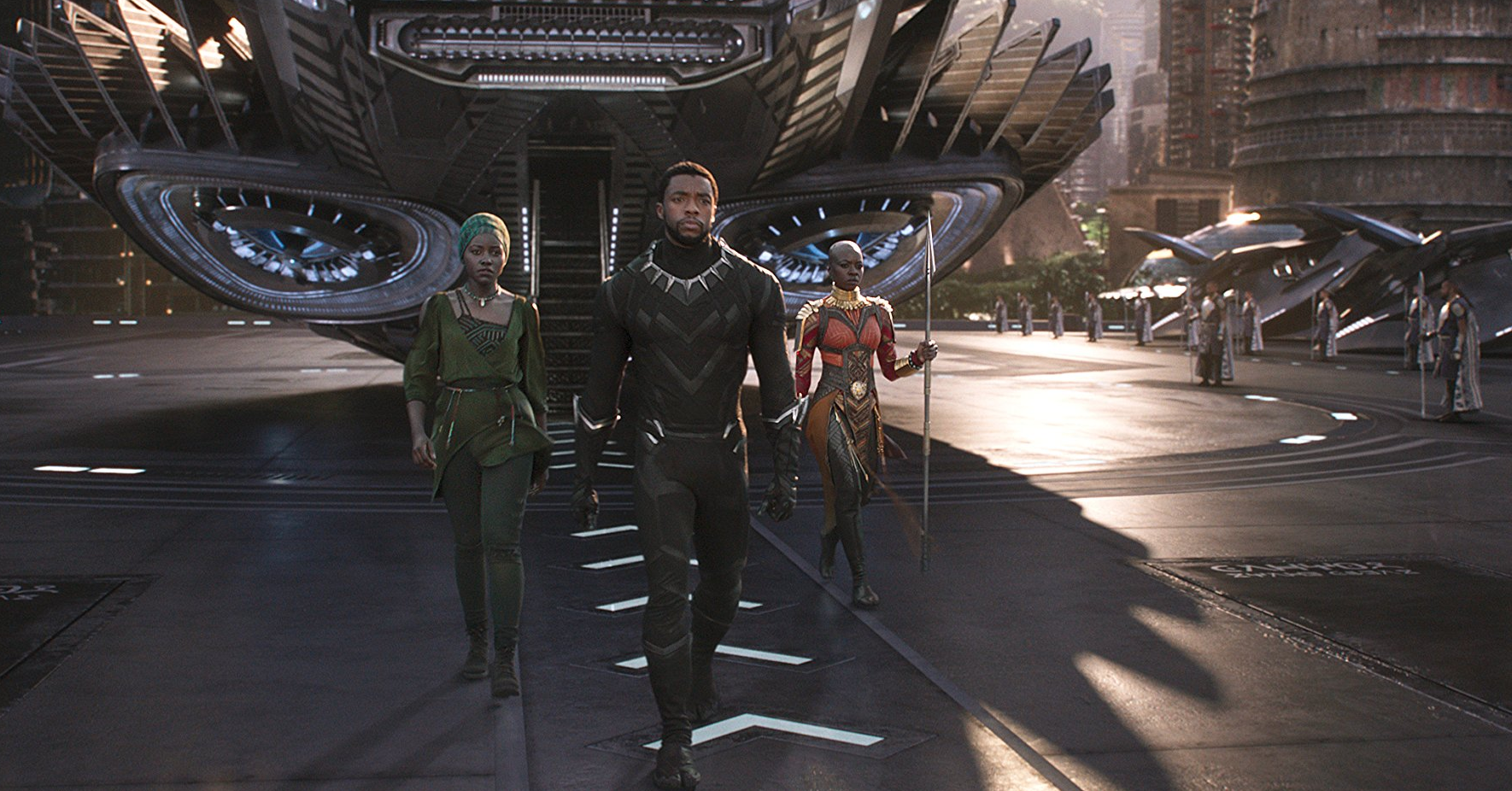“Black Panther” is dominating the box office, and capturing the hearts of critics and casual moviegoers alike. It captured my heart, that’s for sure. The film was sound in all aspects: plot, character development, action and salient sociopolitical themes.
But the movie’s been out for a week now and I’m beginning to realize that one of the best parts of the film is not the film itself, but rather the discourse the movie sparked.
It’s everywhere. Articles, podcasts, YouTube videos, all of them diving into what the characters mean, what Wakanda means and what we could all learn as a society from these people and the setting.
The discussions on Erik Killmonger (Michael B. Jordan), the film’s lead antagonist, have been some of my favorites. In this piece for GQ, Zito Matuidi discusses Killmonger’s desire for a home, a home Wakanda very well could have provided but failed to out of the fear of losing the core philosophy of their civilization, isolationism.
Killmonger is left to be raised in the United States after the murder of his father by King T’Chaka, T’Challa’s father. In the United States his anger at Wakanda for abandoning him is nurtured into the evil we see him bring to Wakanda when he returns to reclaim the throne. Killmonger returns, but he returns without a respect for culture, traditions, or the people; much akin to the America’s colonizers of the past.
Matuidi, a Nigerian immigrant, proceeds to compare and contrast Killmonger’s experience with Matuidi’s brother’s. Killmonger was not accepted in neither America or Wakanda, and that rejection turned him into the apathetic monster we see in the film. Matuidi’s brother was welcomed in Nigeria, which provided him with a sense of joy and freedom.
Killmonger was by far one of the most sympathetic villains in the Marvel Cinematic Universe. He didn’t have some boring “rule the world” or “destroy all humans” motive. He felt alone, betrayed and without place to call home. Articles like Matuidi’s magnify that dynamic within Killmonger, and it magnifies it to a point where Killmonger’s emotion felt so much more real to me on second watch–Michael B. Jordan’s performance sure did not hurt either.
But it goes beyond just Killmonger. This piece in The Washington Post analyzes the portrayal of the film’s women. Okoye (Danai Gurira) and Nakia (Lupita Nyong’o) are some of the fiercest warriors in Wakanda, and their characterization does not consist primarily of their love interest. They have other interests and motives, and at times those other interests and motives overpower their love for the men in their lives.
This empowerment for women is so important, especially now. Misogyny and male dominance are taking a backseat in blockbusters to characters like Okoye and Nakia. We saw it in “Wonder Woman,” the new Star Wars films, and now “Black Panther” joins them.
Academic discourse on these topics and others in films like “Black Panther” is so important, at least it is to me. With each read and listen, the film’s themes become so much more tangible to me. I better understand the evils of colonization, the beauty of African culture and the importance of highlighting powerful women, and these understandings only serve to heighten my enjoyment of the film, but, more importantly, be grateful for the men and women behind “Black Panther” and their ability to create such a well-crafted and beautifully motivated movie.




